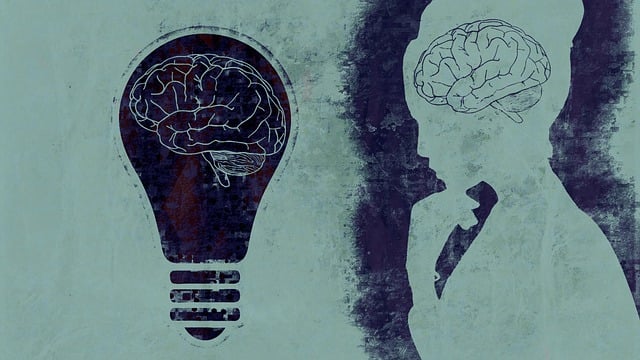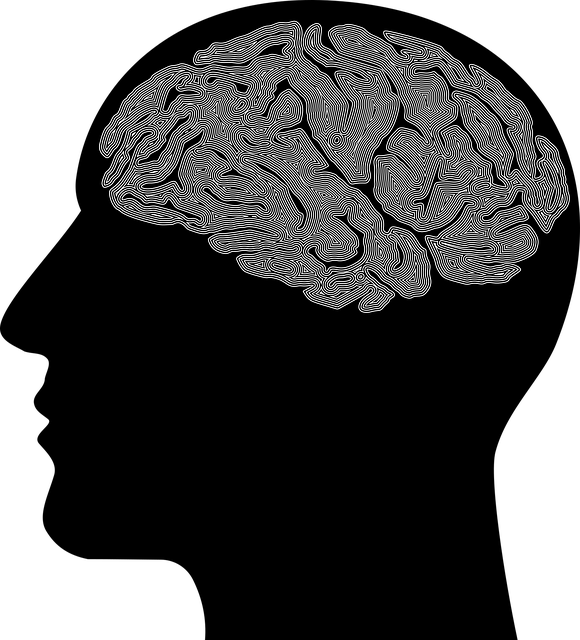Stress among adolescent teens, especially those from Spanish-speaking backgrounds, is a significant concern exacerbated by academic pressures, peer influence, and technology overuse. Accessing mental health resources is further complicated by cultural barriers, language differences, and limited services tailored to their needs. Mindfulness, emotional intelligence training, and Cognitive Behavioral Therapy (CBT) are effective tools for managing stress, building resilience, and promoting healthier coping mechanisms. Tailored therapy, incorporating Spanish language support, mindfulness practices, and CBT addresses the unique challenges faced by Spanish-speaking adolescent teens, enhancing their overall well-being.
Stress reduction methods are crucial for adolescent well-being, especially among Spanish-speaking teens facing unique challenges. This article explores effective strategies to combat stress, focusing on understanding its impact on this demographic. We delve into the benefits of therapy as a safe haven, offering coping mechanisms through Cognitive Behavioral Therapy (CBT) and mindfulness practices tailored for teenagers. Additionally, we uncover building resilience techniques, providing valuable tools for Spanish-speaking adolescent teens to navigate and manage stress successfully.
- Understanding Adolescent Stress: A Common Challenge for Spanish-Speaking Teens
- The Role of Therapy in Managing Stress: A Safe Space to Unwind
- Cognitive Behavioral Therapy (CBT): A Powerful Tool for Stress Reduction
- Mindfulness and Meditation Practices Tailored for Teenagers
- Building Resilience: Additional Strategies for Stress Management
Understanding Adolescent Stress: A Common Challenge for Spanish-Speaking Teens

Stress among adolescent teens, especially those from Spanish-speaking backgrounds, is a prevalent concern that often goes unnoticed. In today’s fast-paced world, young individuals face numerous pressures, including academic demands, peer relationships, and the constant exposure to technology. These factors contribute to high stress levels, which can have significant impacts on their mental health and overall well-being.
Many Spanish-speaking teens may face additional challenges due to cultural barriers, limited access to mental health resources, and language differences when seeking therapy for adolescent teens. As a result, they might struggle internally without adequate support. Compassion cultivation practices, such as mindfulness and emotional intelligence training, can be powerful tools to empower these youth. By incorporating these into their lives, they can learn to navigate stress effectively, fostering resilience and healthier coping mechanisms. Mental Health Policy Analysis and Advocacy also play a crucial role in ensuring that services are accessible and tailored to meet the unique needs of Spanish-speaking adolescent teens.
The Role of Therapy in Managing Stress: A Safe Space to Unwind

Therapy plays a pivotal role in equipping adolescent teens, especially those who speak Spanish, with effective stress management tools. It provides a safe and supportive environment where young individuals can openly discuss their feelings and challenges without fear of judgment. Through therapy, teens learn to identify triggers for their stress and gain valuable emotional regulation skills.
For Spanish-speaking adolescents grappling with stress, accessing culturally sensitive Trauma Support Services is essential. Therapists trained in serving this demographic offer specialized care, incorporating Emotional Well-being Promotion Techniques tailored to their unique experiences. Additionally, Social Skills Training within therapy sessions helps these teens build resilience and foster healthy connections, ultimately contributing to improved coping mechanisms.
Cognitive Behavioral Therapy (CBT): A Powerful Tool for Stress Reduction

Cognitive Behavioral Therapy (CBT) has emerged as a powerful tool for stress reduction, especially among adolescent teens from Spanish-speaking backgrounds. This evidence-based therapy focuses on identifying and changing negative thought patterns that contribute to distressing emotions and behaviors. By teaching individuals to challenge and replace irrational thoughts with more realistic and positive ones, CBT empowers them to better manage their mood and reduce the impact of stressful situations.
For Spanish-speaking teens, CBT offers a culturally sensitive approach that accounts for unique social and familial dynamics. Therapists who are fluent in Spanish can create a safe and supportive environment, facilitating open communication and fostering trust. Additionally, incorporating conflict resolution techniques and mental health policy analysis and advocacy within CBT sessions can further benefit this population by addressing broader systemic issues that may contribute to their stress. These tailored strategies ensure that CBT remains relevant and effective for adolescent teens from diverse cultural backgrounds.
Mindfulness and Meditation Practices Tailored for Teenagers

Para los adolescentes hispanohablantes, encontrar formas efectivas de reducir el estrés es crucial para su bienestar general. La terapia y las prácticas de mindfulness y meditación pueden ser herramientas poderosas en el desarrollo de la resiliencia interna. Estas técnicas enseñan a los jóvenes a estar presentes en el momento, a aceptar sus emociones sin juzgarlas y a desarrollar una mayor conciencia de sí mismos.
La Mindfulness Meditation es una forma accesible de iniciar esta travesía. A través de ejercicios guiados, los adolescentes pueden aprender a enfocar su atención en la respiración y en las sensaciones corporales, fomentando así una mayor calma y claridad mental. Además, fomentar la Emotional Intelligence permite a los jóvenes comprender y manejar sus emociones, lo que es vital para navegar por los desafíos de la adolescencia con mayor facilidad y resiliencia.
Building Resilience: Additional Strategies for Stress Management

Building resilience is a powerful strategy for stress management, especially among adolescent teens. Spanish-speaking communities often face unique challenges that can contribute to increased stress levels. Therefore, tailored therapy and support systems are essential. Therapy for adolescent teens in these communities can play a pivotal role in teaching effective conflict resolution techniques and fostering mental wellness coaching programs. These interventions help young individuals develop coping mechanisms that cater to their cultural backgrounds and linguistic needs.
By incorporating strategies such as mindfulness practices, cognitive-behavioral therapy, and peer support groups, adolescents gain valuable tools to navigate stressful situations. Mental wellness coaching programs focused on this demographic can enhance their ability to manage stress, improve emotional regulation, and build resilience. Ultimately, these initiatives contribute to the holistic development of teens, ensuring they have the resources needed to thrive in a dynamic world.
Stress reduction is a vital aspect of overall well-being, especially for Spanish-speaking adolescent teens facing unique challenges. By understanding the root causes of stress and implementing various strategies, these young individuals can develop resilience. Cognitive Behavioral Therapy (CBT) and mindfulness practices offer effective tools to manage stress, while therapy provides a safe space to unwind and process emotions. With the right support, Spanish-speaking teens can navigate their stressors and lead healthier, more balanced lives. Incorporating these evidence-based methods empowers them to take control of their mental health and foster long-term well-being.














